A Thousand Health Posts in the Land of a Thousand Hills: Promoting Universal Health Coverage by Catalyzing Investments in Financially and Environmentally Sustainable Primary Health Care
Financials
Progress in funding
Total requested (USD)
Allocated by Joint SDG Fund (USD)
Co-Funding (USD)
Total Funding (USD)
Leverage Target (USD)
Results�
The completed preparatory phase centered on the design and refinement of the financial mechanisms and the identification of partners and investors.
The programme�
Why
In rural Rwanda, women and children can walk over 2 hours to reach the nearest health facility, a key barrier to accessing the care they need. To address this, the government seeks to expand the number of Health Posts (HPs) to deliver better health outcomes for all. HPs are key entry points to cost-effectively deliver preventive, promotional and curative services for the vast majority of common illnesses, and to provide services geared toward women. The service target is to reduce the average time to walk to the nearest facility to 45 minutes by 2024. However, domestic public resources alone are insufficient to fund this critical social infrastructure, and additional budget constraints introduced by COVID-19 represent a need for innovative financing models and public-private partnerships. Moreover, private HP operators often require further capital investment in the startup phase to make facilities business-ready. Also, poor quality or unsuitable buildings and unreliable electric power can hinder full operational sustainability, constrain potential working hours and client throughput.
What
The programme aims to mobilise impact capital to more rapidly scale-up private HPs toward full national coverage, as well as to increase the financial and environmental sustainability of their operations. At least five million vulnerable Rwandans will benefit from the initiative. An expanded, more capable and resilient HP network throughout the country will directly contribute to reduced rates of mortality, morbidity, stunting and wasting of young children. The intervention will also provide predictable financial streams with some 3,000 decent jobs for individual entrepreneurs, especially females in rural areas. Over US$ 6 million direct cost savings are estimated to be generated to the government.
How
The programme will enable the scale up of Health Posts in Rwanda with: a start-up grant mechanism to enhance the quality of business-ready infrastructure by retrofitting buildings designated by government as adequate health post locations and to cover the cost of fixed essential supplies and medical equipment, a performance-based grant scheme to electrify health posts by private solar companies with long-term service packages to ensure sustainability, performance-based funds and de-risking to catalyze loans for nurse entrepreneurs to meet their expected initial start-up investment capital and subsequently unlock follow-on working capital needs from external investors, spurred by the credit history earned by this specific financing mechanism. In addition, the programme will support the strengthening of the broad ecosystem of Health Posts by developing an integrated financial and health information system and support private nurse entrepreneurs to meet accreditation standards of the Ministry of Health and enhance business skills.
Financial instruments�
Start-up grants for entrepreneurs: Qualified nurse entrepreneurs will be supported to enter into PPP arrangements with the government for the operation and maintenance of HPs. Grant funding will be provided for the capital investment in private HPs. The grants will be awarded to companies only upon completion of retrofitting buildings to quality specifications, and after provision of necessary equipment.
A performance-based grant mechanism to electrify Health Posts: The programme will support the installation of solar power systems that can provide more reliable and affordable electricity through performance-based funding. Capital grants will ensure that systems do not overly burden HP operators with a financial obligation they cannot support. Ongoing maintenance costs will be co-financed by entrepreneurs through the improved income-generating capacity of HPs, and impact funders who will be crowd-sourced into the programme.
Affordable loans for start-up costs are supported by performance payments connected to a concessional credit facility for individual health entrepreneurs. A first-loss cushion and partial credit guarantee will be provided to ensure all individual HP entrepreneurs can access loans for start-up capital needs as well as a first tranche of working capital. The de-risking will include two aspects: a pre-funded 40% first-loss grant expected to be fully drawn upon, along with a 50% credit enhancement guarantee over the remainder provided by a local partner.
UN Implementers
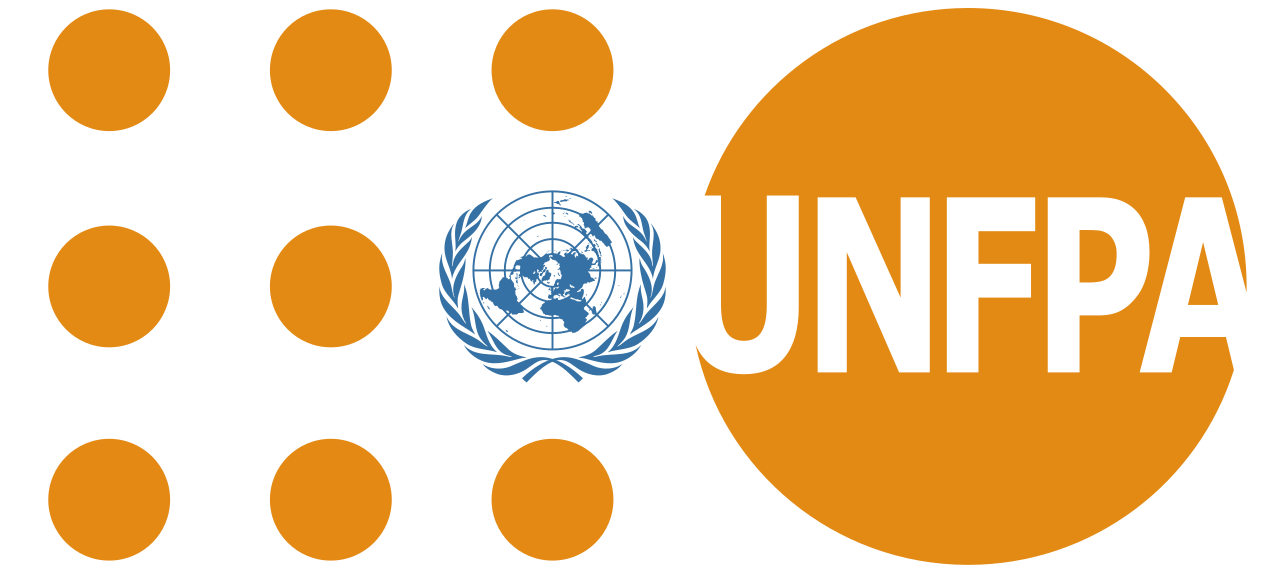
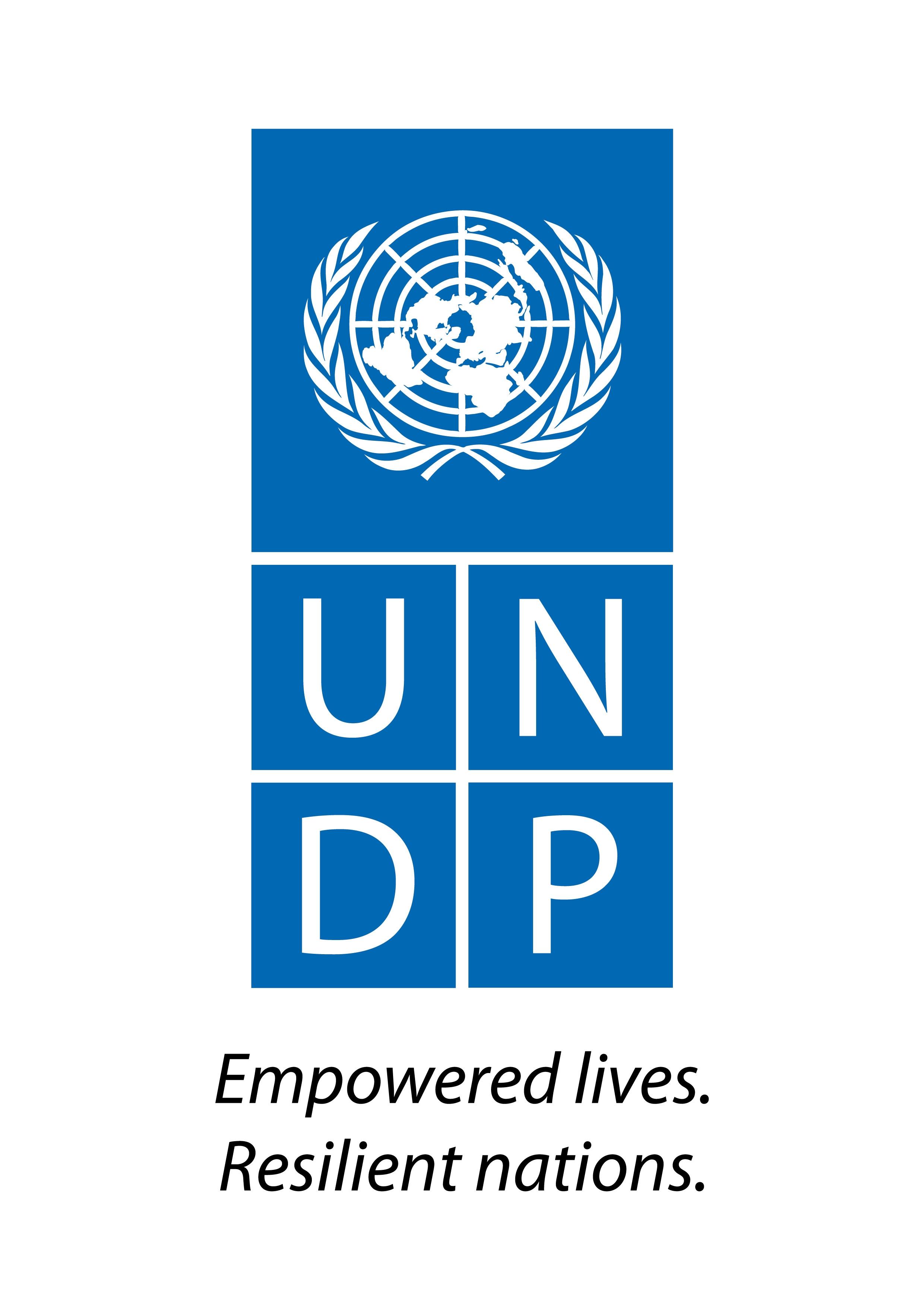

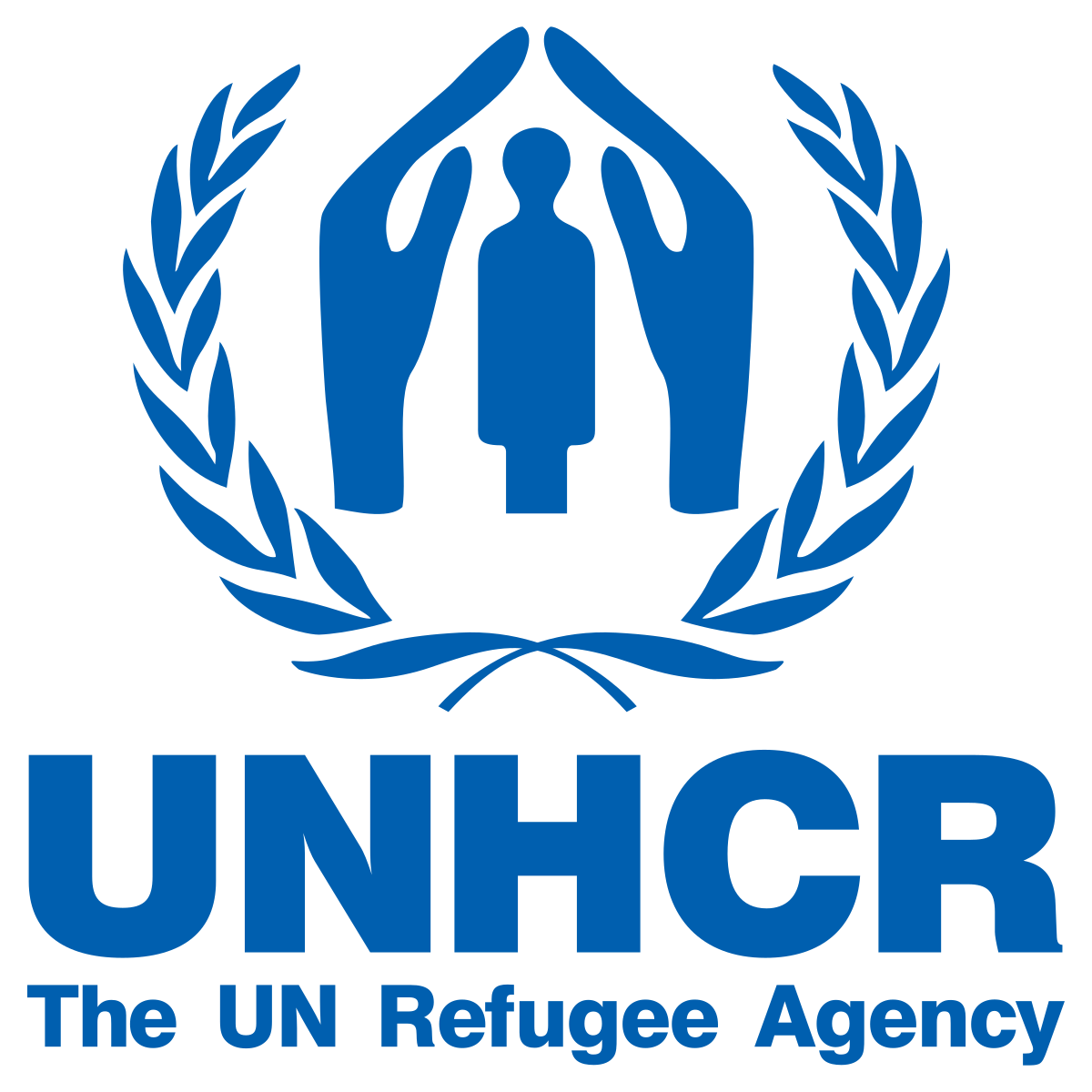
Partners
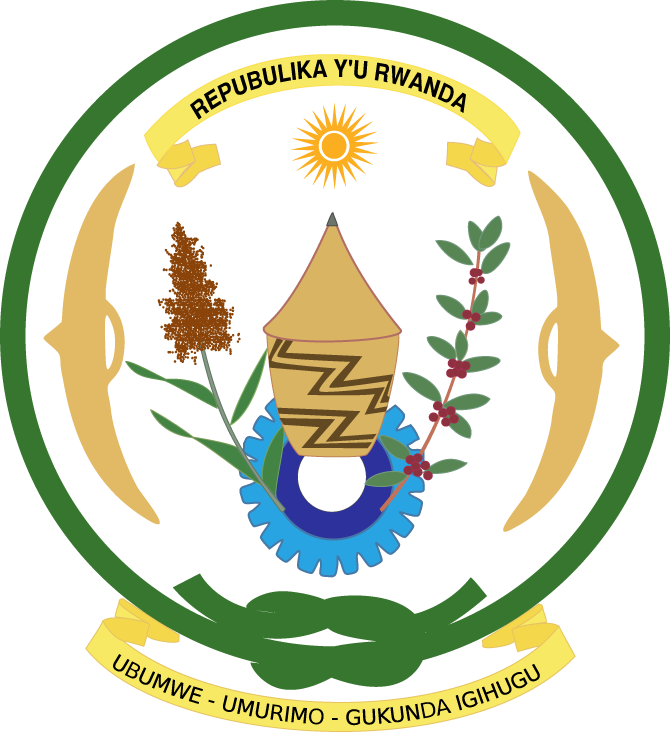

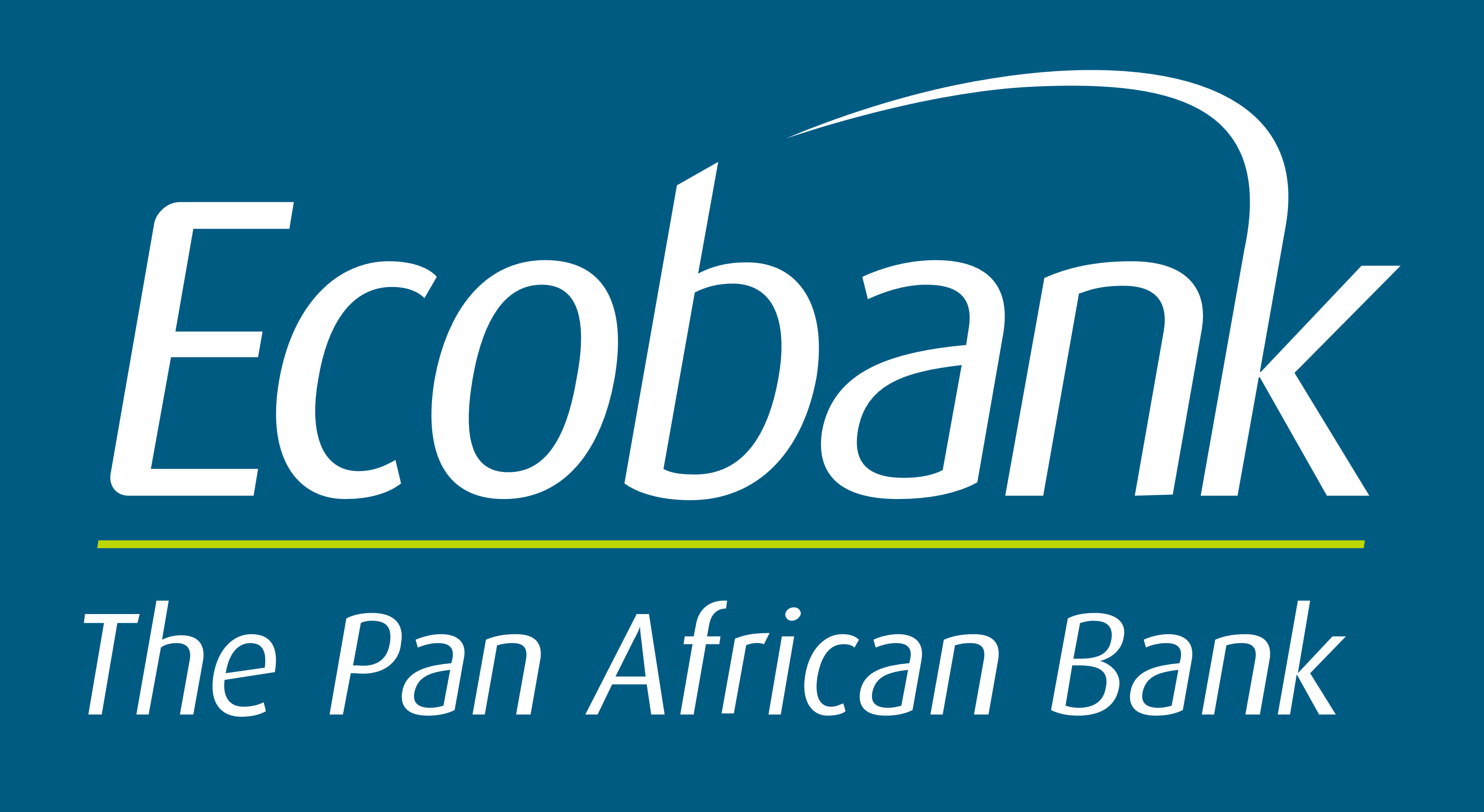
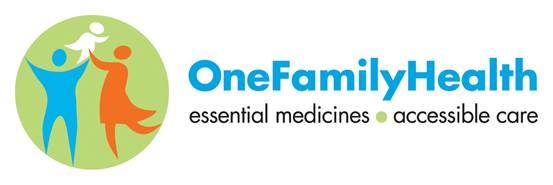
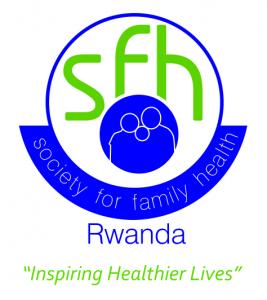
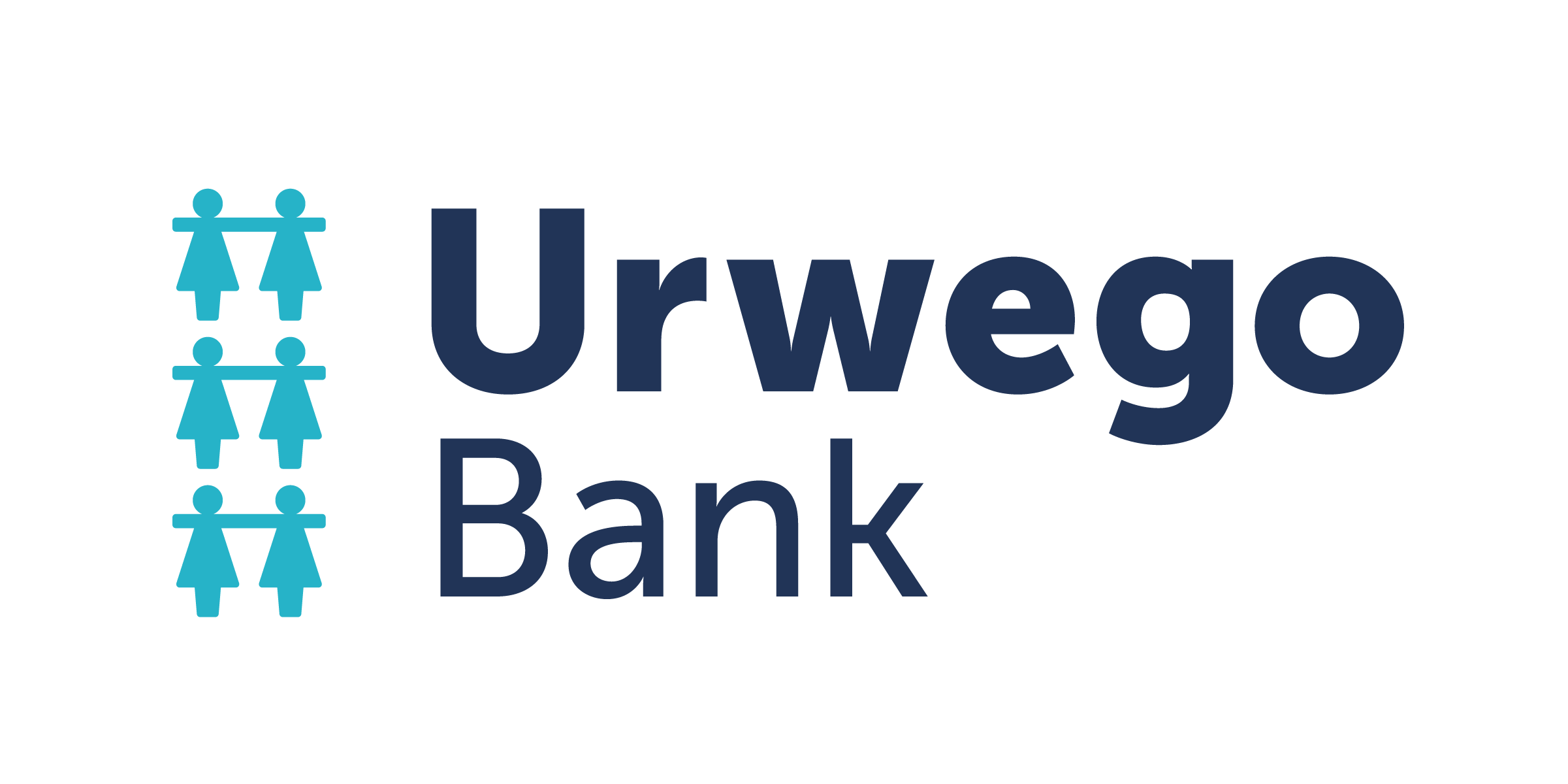
Energy and climate action
|
Funded
|
Pipeline
|
Incubated
|
|---|---|---|
|
|
Energy accounts for two-thirds of total greenhouse gas, being the main contributor to emissions production. Despite 70% of clean energy investments are privately financed worldwide, in accordance to a special report developed by energy investments on clean energy in developing economies needs to expand by more than seven times, to above US$ 1 trillion, to put the world on track to reach net-zero emissions by 2050. Catalytic grants from the Joint SDG Fund are a critical bound to development finance institutions lending and attract private capital injections. Our portfolio brings financial solutions that span from lending and impact investing to insurance and smart subsidies. It aims to attract private investment to markets and sectors at early stages of readiness – or in situations where the risks are hard to mitigate, such as energy access projects for vulnerable communities or in remote areas.
Blue Economy
|
Funded
|
Pipeline
|
Incubated
|
|---|---|---|
|
|
The monetary value of the world’s oceans has been estimated at US$ 24 trillion by the World Wide Fund for Nature. This wealth is at risk because overfishing, pollution and climate change put an unprecedented strain upon marine ecosystems. Oceans are getting warmer, stormier and more acidic, impacting the health of sensitive marine ecosystems and the lives of human communities that rely on them. Ocean reefs, the home of the planet’s most diverse ecosystem, contribute to the livelihoods of at least 500 million people worldwide generating US$ 36 billion per year for the global tourism industry. Our programmes and pipeline in the blue economy space bring financing solutions that are adapted to the needs of island nations and coastal communities to preserve marine resources and coral reefs while offering income opportunities to coastal populations. They support scalable blue economy businesses, through equity and debt finance, risk guarantees, performance grants, incubation and technical assistance, to build resilience in coastal ecosystems and create jobs not only to allow us to save our planet, but also to build more resilient economies.
Food systems and agriculture
Poverty is deeply intertwined with successes or failures in agriculture and food security, with the majority of the rural poor depending on agriculture and natural resources for their livelihoods. Recent estimates from FAO show that nearly 10% of the world population is still undernourished. The impacts of climate change, conflicts and Covid-19 pandemic take an even higher toll - resulting in an estimated 118 million more people suffering from hunger and one in three people not having access to adequate food in 2020. On the other hand, the ecological footprint of the global food system continues to grow in terms of energy, resource use, and the contribution to greenhouse gas emissions. To address these issues, the traditional approach to food policy must be reoriented towards food-system-wide approaches that provide incentives for investments in inclusive and sustainable development of food systems and for steering consumer behavior and food preferences toward healthier and more sustainable diets. Investments in food system innovations are key in driving change towards more a more sustainable and food secure future. Our programmes and pipeline in this area include solutions financial solutions that include microcredit and microinsurance, downscaling schemes from multilateral development banks, and a variety of blended finance facilities supporting agricultural supply chains, smallholder farmers, rural development, nutrition, and sustainable farming transitions. repurpose finance to support sustainable and resilient food systems, reduce finance that is destroying/degrading food systems, optimize finance to mobilize investment and increase access, and scale up public and private finance flowing to healthier diets. Examples include blended finance facilities, de-risking and collateral support mechanisms, sovereign and impacts bonds, business incubators, among others.
Social Impact
Leave no one behind (LNOB) is the central, transformative promise of the 2030 Agenda for Sustainable Development. LNOB not only requires the elimination of social practices that leave particular groups of people further and further behind, but it also demands equal access to basic services, resources and opportunities for all. This will come at a cost. Achieving LNOB will require significantly more financing than is currently invested in human and sustainable development, and for these funds to be channeled towards improving the lives of those who are furthest away from reaching SDG targets. Focusing on the social sectors, the Overseas Development Institute estimates that global financing requirements for education, healthcare, and social protection transfers alone amount to US$ 137 billion annually in low-income countries. While these sectors require large investments to make the required transition, they often rely on public funds. These are rarely the sectors that private funds invest in, as their objective is to earn a return that is higher than the initial investment, no matter how minimal. Therefore, our programmes and solutions focusing on LNOB innovate the way we finance and address these barriers and close the financing gap, by offering viability gap financing, early stage capital investments, de-risking mechanisms, smart subsidies, and technical assistance to empower people and early stage enterprises driving impact in key social sectors.
